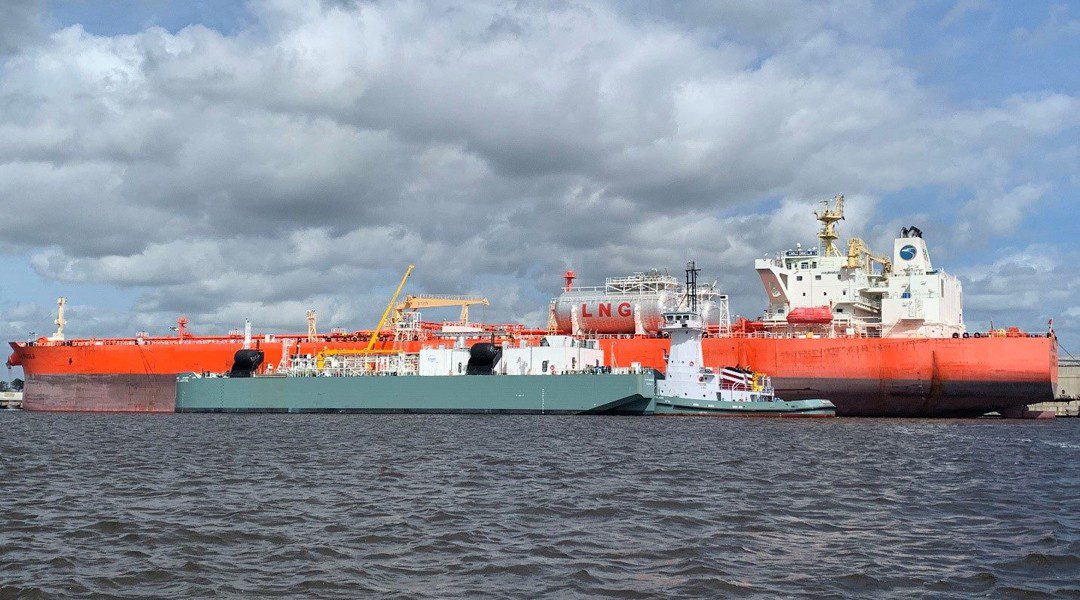Sector-focused global law firm HFW has released an
interesting update and summary on current developments in the field of
autonomous shipping, in which it can be hard to keep up with the disparate
technological and regulatory changes throughout the world.
HFW noted that new interdisciplinary collaborations had
been established, navigational systems had been created or further developed,
class notations had been granted and successful sea trials of various types of
vessels with autonomous capabilities had been undertaken and completed.
In addition, important Memorandum of Understanding’s
(MoUs) between different players in the shipping sector had been signed, which
would generate autonomous technology work. Numerous orders had also been placed
for automated navigation systems, to be installed in fleets of vessels.
HFW said that “it seems reasonable to expect that more
orders will be placed, whether for types of Maritime Autonomous Surface Ships
(MASS) or for equipment that can assist MASS operations, and that the speed
with which this sector develops, and services are delivered, will increase
rapidly as more and more participants demonstrate interest in this area”.
It has been estimated that the global autonomous ships
market will roughly double, from $6.55bn in 2021 to $12.07bn by 2028.
One international incident has been reported between the
US and Iran, involving the attempted confiscation of an unmanned surface vessel
(USV). Further, so-called “narco-drones” have been recently located in Spain,
which have the capacity of transporting multiple kilograms of drugs under
water.
Events in Ukraine and attacks on critical infrastructure
have prompted several possible theories, mechanisms and culprits. Putting
attribution and blame to one side, the industry is potentially well placed to
help police and patrol pipelines and cables that link Europe and the rest of
the world.
The UK Government has proposed amendments to the Merchant
Shipping (Small Workboats and Pilot Boats) Regulations 2023 and an updated Code
of Practice which will cover Remotely Operated Unmanned Vessels (ROUVs) which
are either UK vessels wherever they may be, or vessels operating from UK ports
whilst in UK waters. An ROUV is defined in the draft regulations as “a small
vessel that is operated from a remote operation centre and is not carrying any
person at the time it is operated”.
HFW said that it was reviewing the draft and a further
update will follow setting out our thoughts on the potential implications for
owners and operators in the UK.
Sector-focused global law firm HFW has released an
interesting update and summary on current developments in the field of
autonomous shipping, in which it can be hard to keep up with the disparate
technological and regulatory changes throughout the world.
Here are a few more of the initiatives noted this year.
Avikus’ HiNAS 2.0:
HiNAS 2.0 is an Artificial Intelligence (AI) based
navigation system developed by Avikus that can assist with collision avoidance
and optimal route and speed decisions. The system has been installed on LNG
tanker Prism Courage. In August 2022 Avikus “succeeded in commercialising the
industry’s first phase 2 autonomous navigation solution for commercial vessels”
by securing contracts for the installation of HiNAS 2.0 on 23 ocean-going
vessels. The vessels include containerships and LNG carriers that are currently
under construction. The installation is scheduled to commence in 2023 and the
company has also revealed plans to develop an autonomous system for
recreational boating.
The first version of HiNAS assisted the navigator by
providing information in limited visibility conditions, such as at night or in
sea fog. The system’s infrared cameras could be used to supply information on
the location and speed of potential obstacles. The second version automatically
detects objects around the vessel and her route for collision avoidance
purposes. Avikus’ CEO Dohyeong Lim, has stated that the company will, “in the
future, strive to equip all large ships in the world with HiNAS 2.0 by
obtaining approval from various shipping associations and countries”.





